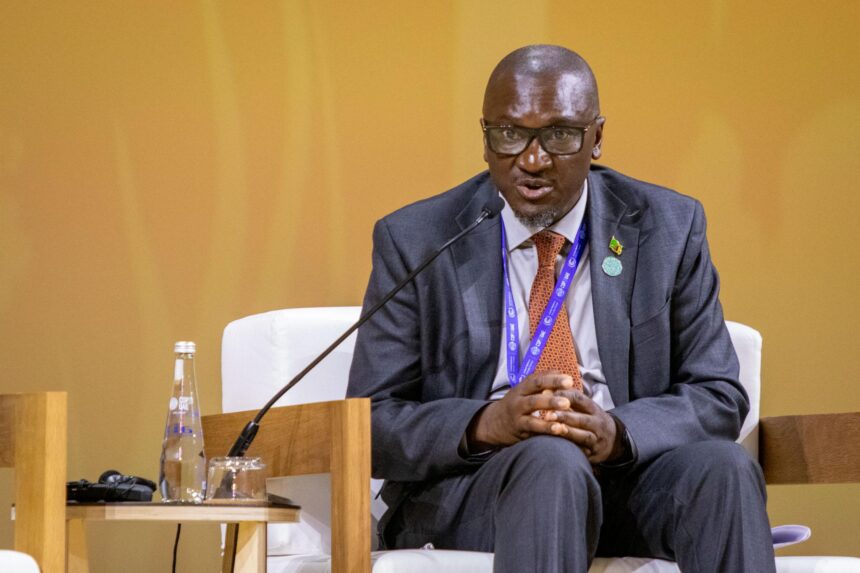Minister of Water Development and Sanitation, Collins Nzovu, has announced a significant rise in water levels along key sections of the Zambezi and Kafue Rivers, signaling a positive shift in river flows following the devastating drought of the 2023/2024 season.
Speaking in a statement released Wednesday, Nzovu cited fresh data from the Water Resources Management Authority (WARMA), which operates over 169 Surface Water Monitoring Stations nationwide. The data indicates improved river flows in several regions compared to the same period last year, bringing cautious optimism to water-dependent sectors.
“There has been a notable rise in water levels at various points along the Zambezi and Kafue Rivers. This is a welcome development, especially after the critical drought we experienced,” said Nzovu.
Despite this progress, the Minister expressed concern over persistently low water storage levels in Lake Kariba—one of the region’s most important reservoirs and a key source of hydropower. He revealed that the lake’s usable storage currently stands at just 10.98 percent, down from 13.95 percent during the same time in 2024.
“These numbers are still very concerning. Lake Kariba remains critically low, which has implications for electricity generation, irrigation, and livelihoods in surrounding communities,” he added.
Nzovu emphasized that the ministry, in collaboration with WARMA and other stakeholders, is continuing to monitor the situation closely. He reaffirmed government’s commitment to managing the country’s water resources sustainably while building resilience to climate-related shocks.
The minister also called for greater conservation efforts and investment in water infrastructure to reduce vulnerability and ensure reliable access to water for both domestic and commercial use.
“Water security is national security. We must work together—government, private sector, and citizens—to protect our water bodies and prepare for the uncertainties of climate change,” Nzovu urged.
The recent rise in river levels offers hope for short-term relief, particularly in areas reliant on river-fed ecosystems and small-scale agriculture. However, authorities have warned that sustained recovery will require continued rainfall, adaptive management, and long-term planning.
Lake Kariba, shared between Zambia and Zimbabwe, remains a critical concern for regional energy supply, and its water levels are closely watched by power utilities and environmental agencies alike.






